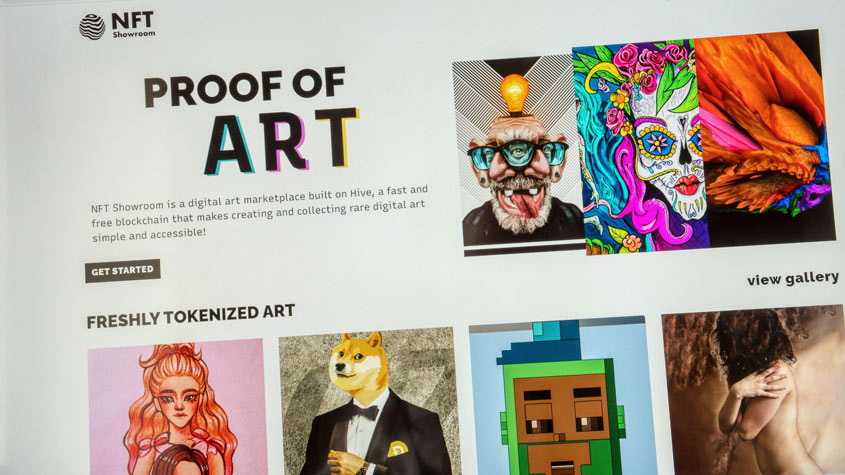The Legal Landscape of NFTs: What Collectors and Creators Should Be Aware Of

The world of NFTs has exploded in popularity, offering a new frontier for digital creators and collectors. However, as with any emerging technology, the legal landscape surrounding NFTs is complex and evolving. This blog post aims to shed light on the key legal considerations for both creators and collectors in the NFT space.
Intellectual Property Rights
Below are the IP rights for creators and collectors.

For Creators
Creators of NFTs should be aware that minting a digital asset as an NFT does not automatically grant them intellectual property (IP) rights to the underlying content. If the digital asset is based on existing IP (like a character from a popular movie), creators must ensure they have the necessary permissions or licenses.
For Collectors
Collectors need to understand that purchasing an NFT typically does not confer ownership of the underlying IP. It often means owning a token that represents a limited right to use the digital asset, not the right to reproduce or distribute it.
Copyright and Reproduction Rights
Below are the copyrights and reproduction rights for creators and collectors.
For Creators
Creators should be clear about the rights they are selling. Are they transferring the copyright entirely, or just licensing the asset? This needs to be explicitly stated in the terms of the sale.
For Collectors
Collectors should read the fine print to understand what their NFT purchase allows them to do. Some NFTs may come with the ability to reproduce the work for personal use, while others may not.
More important information! Let's review all the pieces of NFTs like smart contracts and taxes.

Authenticity and Provenance
NFTs are touted for their ability to verify authenticity and provenance. However, the mere existence of an NFT does not guarantee that the creator had the right to mint the digital asset in the first place. Both creators and collectors should perform due diligence to verify the legitimacy of the NFT.
Smart Contracts
Smart contracts are self-executing contracts with the terms of the agreement directly written into code. They are a crucial part of NFT transactions. Creators can use smart contracts to receive royalties from future sales. However, it's important to ensure these contracts are legally compliant and reflect the intended terms accurately.
Regulatory Compliance
NFTs can sometimes be classified as securities, depending on how they are structured and sold. This classification brings a host of regulatory requirements, including compliance with securities laws. Creators and platforms selling NFTs should be aware of these potential implications.
Tax Implications
Both creators and collectors should be aware of the tax implications of buying, selling, and creating NFTs. The tax treatment of NFT transactions can vary based on jurisdiction and the nature of the transaction.
.jpg)
Consumer Protection
As the NFT market grows, so does the potential for fraud and scams. Both creators and collectors should be aware of their rights under consumer protection laws. This includes understanding the policies of the platforms they use to buy, sell, or create NFTs.
Jurisdictional Challenges
The decentralized nature of blockchain technology poses jurisdictional challenges. If a dispute arises, it may be unclear which country's laws apply and how they can be enforced.
The legal landscape of NFTs is as dynamic as the market itself. Both creators and collectors must navigate a maze of legal considerations, from IP rights to regulatory compliance. As the market continues to evolve, staying informed and seeking legal advice when necessary is crucial. The future of NFTs is bright, but it's important to tread carefully in this new and uncharted legal territory.
Sqwid App (Sqwid)
Sqwid is an advanced NFT marketplace with an attractive UI and some radically distinctive features like loans against NFTs, support for files up to 100 MB, using IPFS for file storage, the lowest commissions, custom royalty splits, and more! With such features, Sqwid is highly competitive against many popular NFT marketplaces.
Website | X | Telegram
Reef Chain
Reef is an EVM-first blockchain designed to make Web3 accessible for the next billion users. Reef offers high scalability, affordable transactions and utilizes Nominated Proof of Stake, extensible EVM, and on-chain upgradability. Reef is the future blockchain for NFTs, DeFi, and gaming. It can easily accommodate the needs of the future of Web3 development. Reef is an ideal blend of old and new, a trait that makes it eternal and timeless. 🐠 Making Web3 accessible to the next billion users!
Website | Instagram | X | YouTube | Telegram | Discord | Reddit
